10 Causes of Shoulder Pain - Common Shoulder Pain Causes
Shoulder pain is a common complaint that can result from various causes, ranging from acute injuries to chronic conditions. Understanding the possible causes of shoulder pain can help you identify the problem and seek appropriate treatment. In this article, we will explore 10 common causes of shoulder pain and their symptoms.
Rotator Cuff Injuries
Rotator cuff injuries are a common cause of shoulder pain and can result from tears, strains, or inflammation of the tendons and muscles that make up the rotator cuff [[2]]. These injuries often occur due to repetitive overhead movements or trauma and can cause pain, weakness, and limited range of motion in the shoulder.
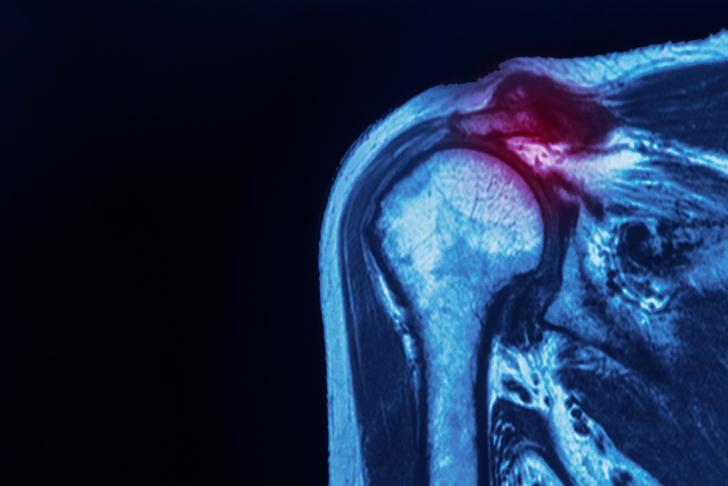
Advertisement
Frozen Shoulder
Frozen shoulder, also known as adhesive capsulitis, is a condition characterized by stiffness and pain in the shoulder joint [[3]]. This condition typically develops gradually and can worsen over time, eventually leading to a severely restricted range of motion. Frozen shoulder often occurs after periods of immobility, such as following surgery or injury.
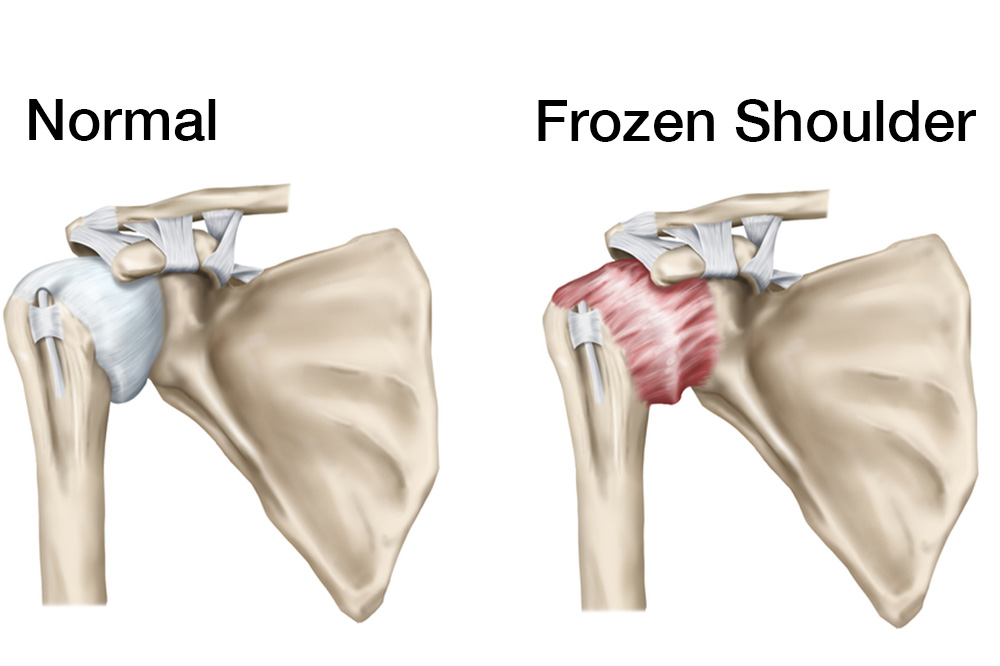
Advertisement
Shoulder Impingement
Shoulder impingement occurs when the rotator cuff tendons become compressed and irritated as they pass through the narrow space beneath the acromion, a bony projection on the shoulder blade [[4]]. This can lead to inflammation, pain, and limited range of motion in the shoulder.
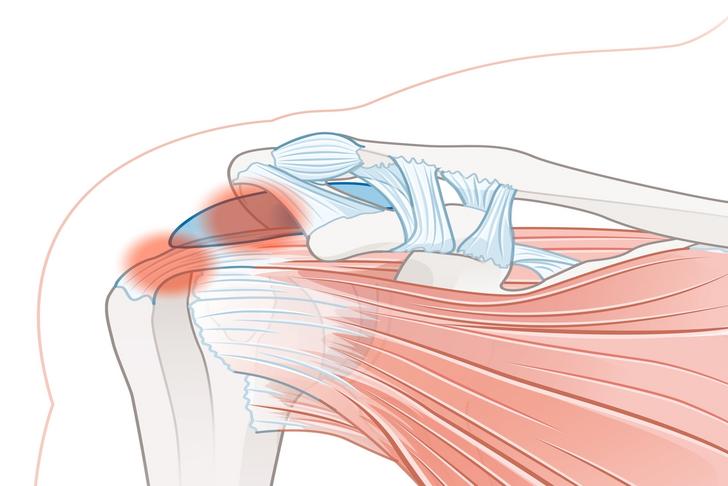
Advertisement
Shoulder Bursitis
Bursitis is the inflammation of the bursa, a fluid-filled sac that cushions and lubricates the joint [[5]]. Shoulder bursitis can result from overuse, injury, or infection and can cause pain, swelling, and stiffness in the shoulder.
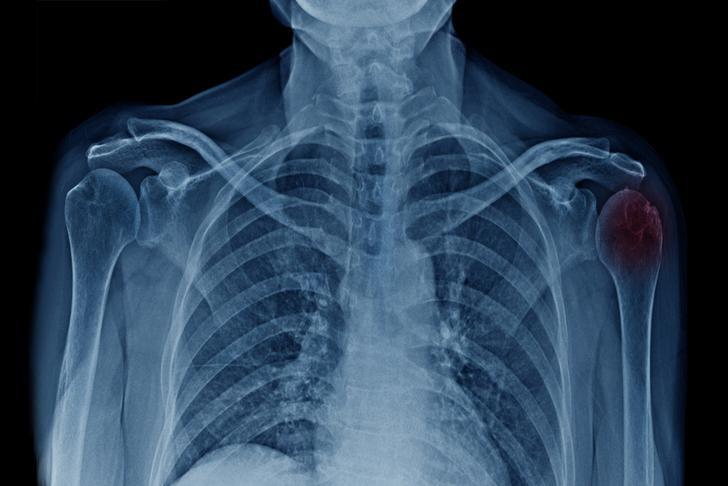
Advertisement
Arthritis of the Shoulder
Arthritis is a degenerative condition that affects the cartilage in the shoulder joint, leading to pain, stiffness, and reduced range of motion [[6]]. The most common types of arthritis affecting the shoulder are osteoarthritis, rheumatoid arthritis, and post-traumatic arthritis.
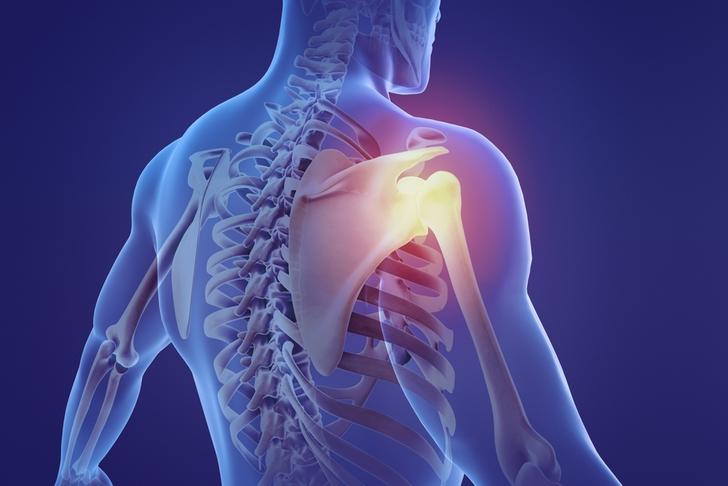
Advertisement
Thoracic Outlet Syndrome
Thoracic outlet syndrome is a group of disorders that occur when the blood vessels or nerves in the space between the collarbone and the first rib (thoracic outlet) become compressed [[7]]. This can cause pain, numbness, and weakness in the shoulder, arm, and hand.
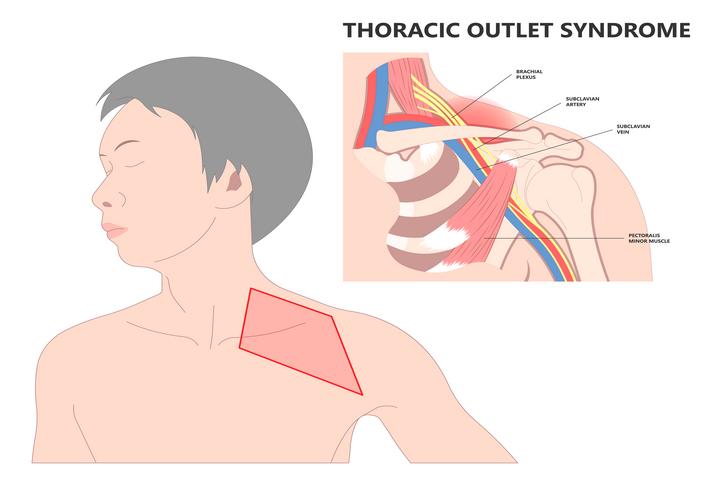
Advertisement
Fractures of the Proximal Humerus
A fracture of the proximal humerus, the upper part of the arm bone, can cause severe shoulder pain, swelling, and bruising [[8]]. These fractures often result from falls, sports injuries, or motor vehicle accidents.
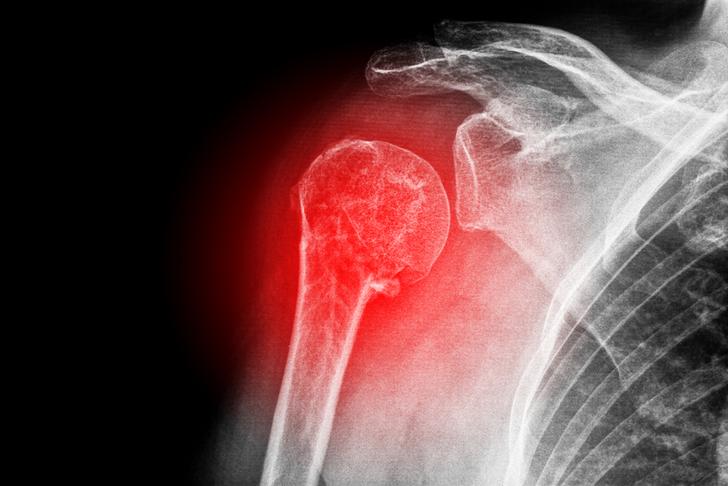
Advertisement
Shoulder Dislocation
A shoulder dislocation occurs when the head of the humerus pops out of the shoulder socket [[9]]. This can cause intense pain, swelling, and an inability to move the shoulder. Dislocations can result from trauma, such as a fall or a sports injury, and can also occur due to joint instability.
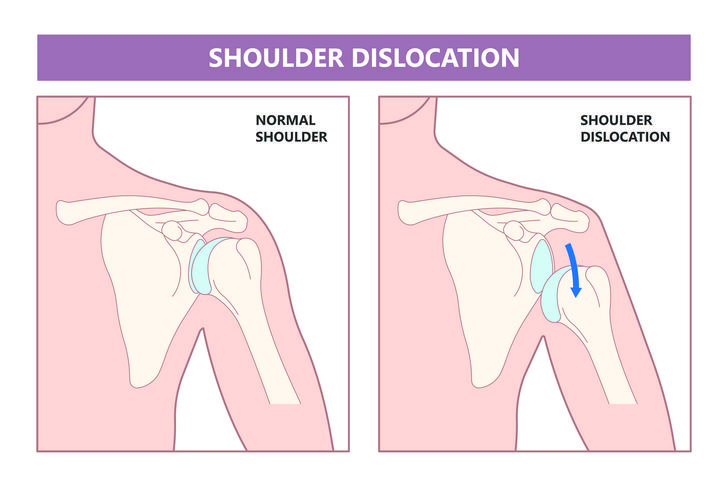
Advertisement
SLAP Tears
A SLAP (superior labrum anterior to posterior) tear is an injury to the labrum, the ring of cartilage that surrounds the shoulder socket [[10]]. SLAP tears can result from trauma, repetitive overhead movements, or the natural aging process and can cause pain, clicking, and instability in the shoulder.
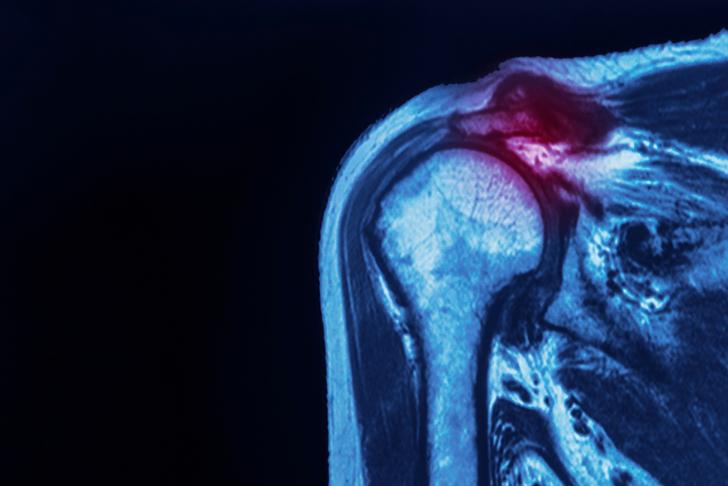
Advertisement
Symptoms
Shoulder pain can have various causes as shown above and is often accompanied by other symptoms. Common symptoms associated with shoulder pain may include:
Pain: The most prevalent symptom is pain, ranging from mild to severe, and may be localized to the shoulder or radiate down the arm and can even feel like back pain.
Stiffness: Reduced range of motion and stiffness in the shoulder joint may make it difficult to perform certain movements.
Weakness: You may experience weakness or a sense of instability in the shoulder, which can affect daily activities or sports performance.
Swelling and inflammation: Inflammatory conditions, injuries, or certain underlying conditions may cause swelling or inflammation in the shoulder region.
Popping or clicking: Some individuals may notice a popping or clicking sensation when moving their shoulder, which could indicate a structural issue.
Advertisement
Treatments
The treatment for shoulder pain depends on the underlying cause. Here are some common treatment options:
Rest and activity modification: Resting the affected shoulder and avoiding activities that worsen the pain can help promote healing.
Physical therapy and exercise: Specific exercises and physical therapy techniques can help improve range of motion, strengthen the shoulder muscles, and reduce pain.
Medications: Over-the-counter pain relievers and anti-inflammatory drugs can help alleviate pain and reduce inflammation. In some cases, prescription medications or injections may be necessary.
Hot or cold therapy: Applying heat or cold packs to the affected area can help reduce pain and inflammation.
Support devices: Wearing a sling, brace, or other supportive devices can help stabilize the shoulder and facilitate healing.
Surgery: In severe cases where conservative treatments are ineffective, surgery may be recommended to repair damaged structures or address underlying issues.
It’s important to consult with a healthcare provider or orthopedic specialist for an accurate diagnosis and appropriate treatment plan based on the specific shoulder condition. They can provide personalized guidance and recommend the most suitable interventions to alleviate shoulder pain and improve functionality.
Advertisement
Conclusion
In summary, shoulder pain is a common issue with various potential causes, from acute injuries to chronic conditions. Recognizing the underlying cause of shoulder pain is important in determining the most effective treatment approach and achieving relief. Seeking professional guidance from a healthcare provider or orthopedic specialist is highly recommended to ensure an accurate diagnosis and personalized treatment plan.
Treatment options for shoulder pain encompass a variety of approaches, including rest, physical therapy, medications, hot or cold therapy, and, in some cases, surgical intervention. Treatment choice depends on the specific cause, severity, and individual circumstances.
It is important not to ignore persistent or severe shoulder pain, as it may indicate a more serious underlying condition. Consulting with a healthcare professional allows for a comprehensive evaluation, appropriate diagnosis, and tailored treatment regimen. Their expertise will guide you toward the most suitable interventions to alleviate shoulder pain, promote healing, and restore functionality.
Remember, each individual’s shoulder pain is unique, and treatment plans should be personalized. By taking the necessary steps to understand the cause of your shoulder pain and seeking professional care, you can embark on a journey towards improved shoulder health and a better quality of life.
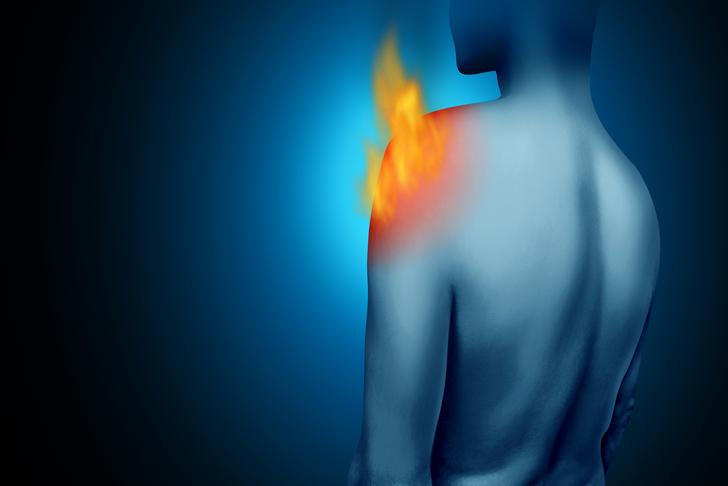
Advertisement





